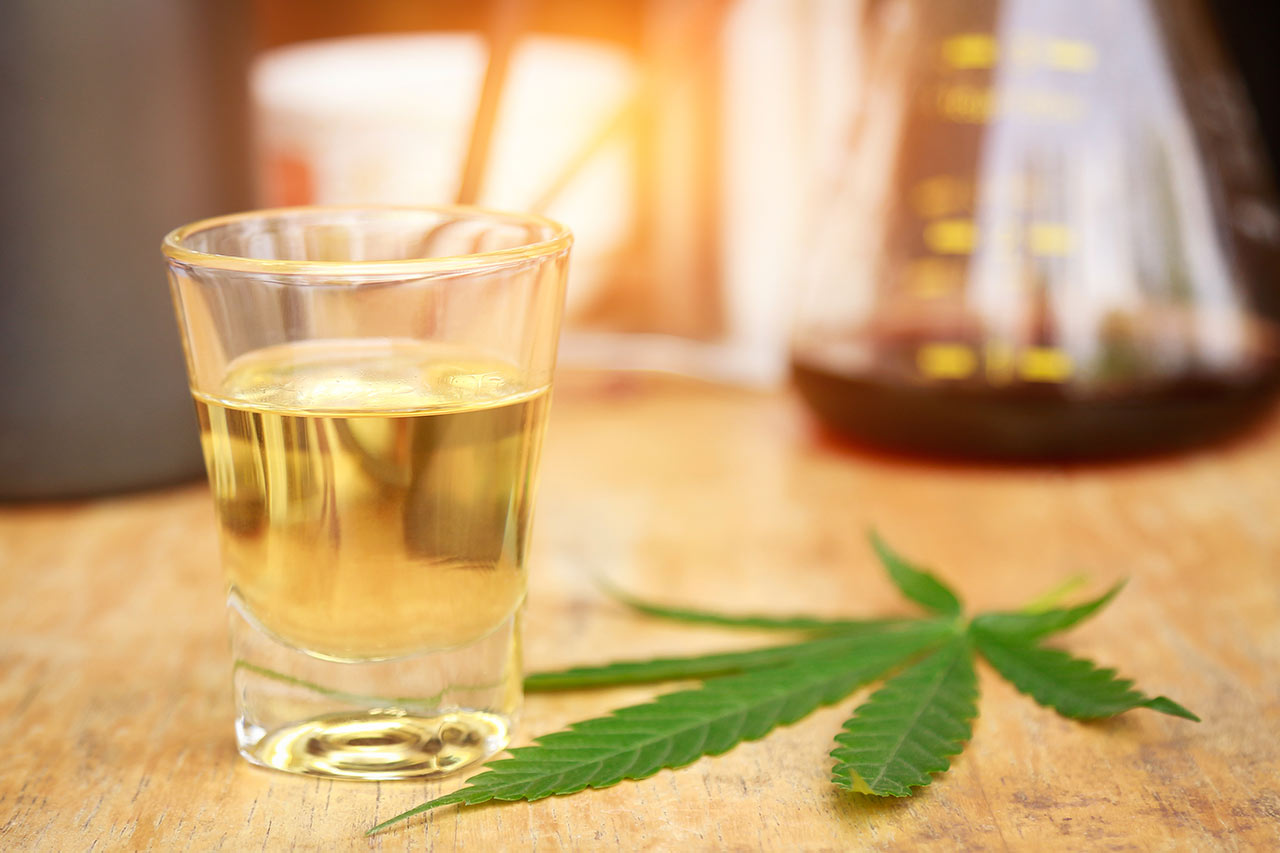CBD Market in Switzerland

Grandmothers are replacing teas and infusions by CBD oils and creams creating a thriving market among the elderly.
Alcimed, an innovation & new business consulting firm, has explored the Swiss CBD market and discusses some of the insights as this new market consolidates and matures.
Background
The cannabis plant has a long and rich history and there are several varieties of the plant. One of such varieties, hemp, is one the world’s oldest agricultural crops and ornamental plants. Being mostly grown for its industrial use in the paper, textiles, biodegradable plastics, insulation, biofuel, and food industry. However, industrial applications are not the only ones where the plant can be of interest. Its psychoactive effects are also well known, and it attracts numerous new users each year. Indeed, according to official statistics, around 3% of the population use illegal cannabis regularly [1]. But recreational use is only part of the story, with many using it for its therapeutical benefits.
Regulated substances
Several active substances can be found in the cannabis plants, with more than 110 cannabinoids having been described. Tetrahydrocannabinol (THC) and cannabidiol (CBD) are the best described. The psychoactive effects of cannabis are mostly due to the THC molecule while the CBD molecule is not psychoactive and not considered addictive. In Switzerland, like in most countries, THC is a controlled substance, but the medical use of cannabis was allowed for medical purposes in 2008, in a controlled and limited way. Cultivation and sale are still a crime, however minor possession (<10gr) was decriminalized in 2012.
In 2011 the Swiss confederation removed CBD from the Stupefacient law and Swiss Narcotics act together with products containing <1% THC. However, it was not until 2016 that the CBD market literally boomed in Switzerland, with the number of producers of cannabis passing from only 5 in 2016 to more than 670 in 2019. Today CBD products can be found everywhere, from kiosks to supermarkets and pharmacies. However, the increase in producers of legal cannabis (<1% THC) had the effect of lowering the price of the raw product with the price per kilo of CBD dropping to around 1500 CHF versus 6000 CHF in 2017. This is indicative of a consolidating market with smaller players being absorbed by bigger ones and other potentially closing doors. Just recently Emmac Life Sciences, a European medical cannabis company who claims to be “working to establish itself as a leader in the industry”, acquired the young swiss company Blossom based in Lausanne, two years after its foundation [2].
The boom in CBD also benefited the Swiss confederation, as sales of the plant intended to be smoked are taxed as tobacco products. The tobacco tax income on cannabis substitutes generated 13.1 million CHF in 2017 and 15.1 in 2018 with the Swiss Tax office predicting a similar value in 2019 [3]. The smokable cannabis market is currently worth around 60 million CHF and is stagnant.
Medical use of CBD
However, the democratization of CBD has had the consequence of propagating the word on its medicinal virtues. Indeed, CBD is reported to have analgesic, antioxidant, anti-inflammatory, antiemetic, anxiolytic, antidepressant and antipsychotic effects. In 2018, Epidiolex, the first drug with CBD as an active compound was approved by the Food and Drug Administration in the USA for the treatment of certain forms of epilepsy.
However, outside the strict requirements to produce and buy medicinal CBD products, one can now easily find products containing high concentrations of CBD in the market. This mainly includes oils, tinctures, but also capsules, creams, various food items and even suppositories. Oils are among the most popular products in specialized shops and are mostly sought by those who wish to benefit from the therapeutical benefits of CBD.
According to a survey conducted in 2018 by Addiction Suisse among the different reasons to consume CBD, as much as 35% of users are addressing a medical symptom or conditions with another 55% just seeking to improve its overall wellbeing. Although the latter group prefers to smoke CBD the therapeutical users consumes it mostly in oil forms, that are mainly bought in specialized shops or online. Interestingly, some specialized shops claim that 60% of their clients are elderly people seeking alternative ways to reduce pain and improve their sleep and possibly replace their current drugs by more natural products.
However, from the medical point of view there is still ground to be covered. While even World Health Organization finds cannabidiol to be safe, posing no public health risk and having no potential for abuse [4], medical doctors are still skeptical. While seeing potential in the molecule for the treatment of several diseases, outside certain forms of epilepsy there is a lack of solid clinical data with most evidence coming from empirical observations, that vary wildly. Furthermore, some studies have shown that CBD can influence the levels of other drugs in the blood stream due to its effects in the liver activity, with a potential for liver toxicity demonstrated in some animal studies [5].
For the time being, the booming CBD market lacks specific regulation with medical products being highly regulated while over-the-counter products, like those found in specialized shops and online currently sit on a regulatory grey zone. This leads to unsanctioned medical use that could potentially raise additional medical issues. Far behind is the time when cannabis was being bought in hidden dark alleys by kids with long hair. Today, older people are the main clients and the only thing they are trying to hide is their backpain, with a little help from cannabis.
[1] Federal Office of Public Health
[2] https://www.emmac.com/announcing-acquisition-of-leading-swiss-wellness-cbd-company-blossom/
[3] Federal Department of Finance
[4] World Health organization
[5] Ewing, L.E.; Skinner, C.M.; Quick, C.M.; Kennon-McGill, S.; McGill, M.R.; Walker, L.A.; ElSohly, M.A.; Gurley, B.J.; Koturbash, I. Hepatotoxicity of a Cannabidiol-Rich Cannabis Extract in the Mouse Model. Molecules 2019, 24, 1694.
Do you have an exploration project?
Our explorers are ready to discuss it with you